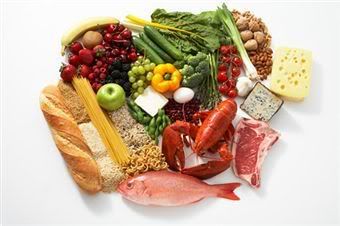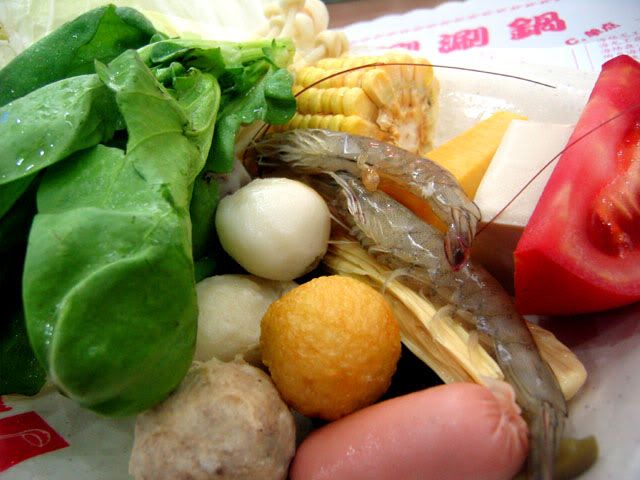Selenium has gained attention for its association with vitamin E in combating the damages of oxidation. It can stand in for vitamin E in some of its antioxidant activities, thereby sparing vitamin E. It is a factor in the regulation of metabolic rate and is needed for proper immune response. Its relationship to vitamin E as an antioxidant has made it the subject of study in terms of offering protection against cancer. Deficiencies are rare as long as our farming soil contains enough selenium.
Food Sources of Selenium are: Brazil nuts, garlic, grains, and vegetables; amount depends on soil conditions.

Zinc works with proteins in every organ as a helper for more than one hundred enzymes. It participates with these enzymes to perform the following functions:
- Makes parts of cells’ genetic material
- Makes heme in hemoglobin
- Helps the pancreas with its digestive functions
- Helps metabolize carbohydrate, protein, and fat
- Liberates vitamin A from storage in the liver
- Disposes of damaging free radicals
- Zinc also affects behavior and learning.
- It assists in immune functions, is essential to wound healing, sperm production, fetal development, and growth in children. It contributes to taste and vision.



0 comments:
Post a Comment